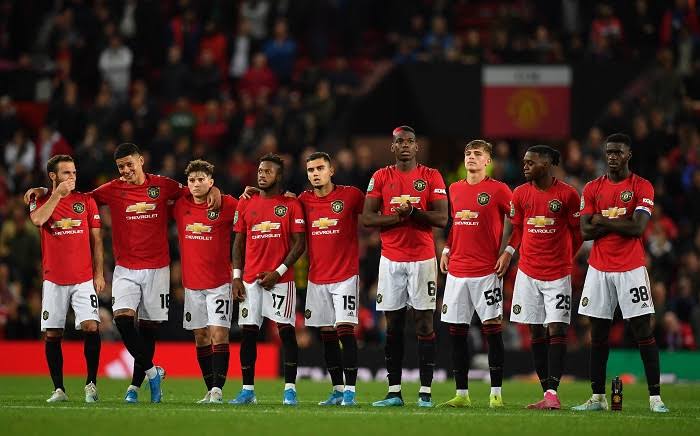Manchester United started the 2019-2020 season with the hope of making about £580 million in revenue before the end of the season, little did the policymakers at the club know that the coronavirus will become a pandemic that would disrupt almost all economic activities across the world. Instead of inching closer to the projected amount, the club’s balance sheet came out negative at the end of the third quarter of the season.
Manchester United‘s chief financial officer Cliff Baty said on Thursday that the coronavirus pandemic has made the club to lose £28 million so far. He, however, admitted that the amount is expected to be far higher when the final figures are released at the end of the season.
This lost include the £20 million TV revenue Manchester United will have to return to Premier League’s broadcasters. It is mandatory for the club to do so even if the season which has been halted since March 13 is completed. The club, just like other clubs in the Premier League had to refund a portion of their TV revenue because matches didn’t take place at the original time they were scheduled to take place.
While the £8 million that made the club’s total loss to be £28 million so far, was the amount of revenue Manchester United should have generated if the three matches which should have taken place in the last three weeks of March were not postponed due to the pandemic.
The £8 million lost would have been gained from matchday revenues through tickets sales and other incentives that are always attached to live matches.
On this basis, Manchester United will lose more revenue going forward because the remaining 11 fixtures in all competitions this season will be played behind closed doors. The club has already agreed to refund the money some fans had used to purchase tickets for the club’s home games.
Despite how bad the third quarter of the season was, the executive vice-chairman of Manchester United Ed Woodward said the outgoing quarter which will end on 30th of June will be worse for the club.
“Our third-quarter results reflect a partial impact that the pandemic has had on the club but the greater impact will be in the current quarter and likely beyond,” Ed Woodward said. “These are unprecedented times and we must recognise that this crisis will not disappear overnight.
“However, our club is built on a solid foundation. We remain firmly optimistic about the long-term prospects for the club once we have worked our way through what is undoubtedly one of the most extraordinary and testing periods in the 142-year history of Manchester United.”




